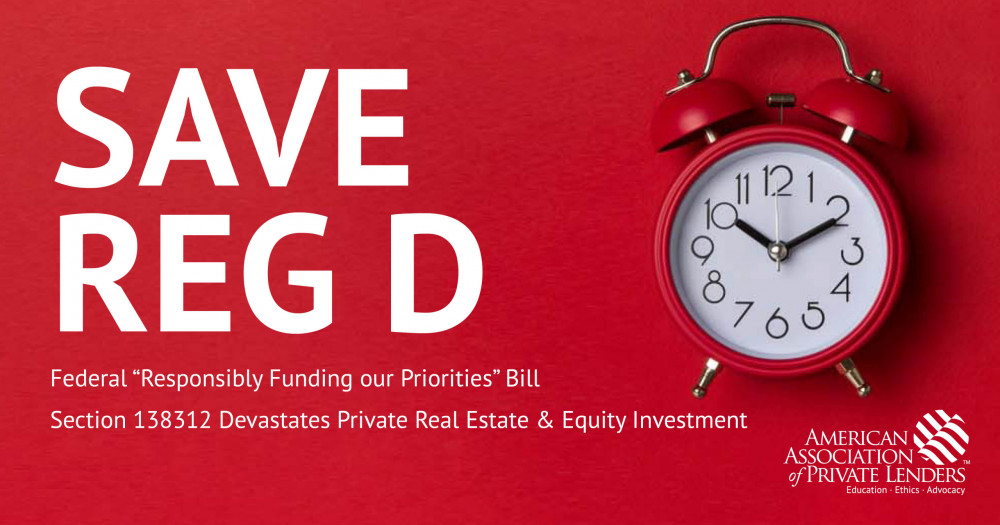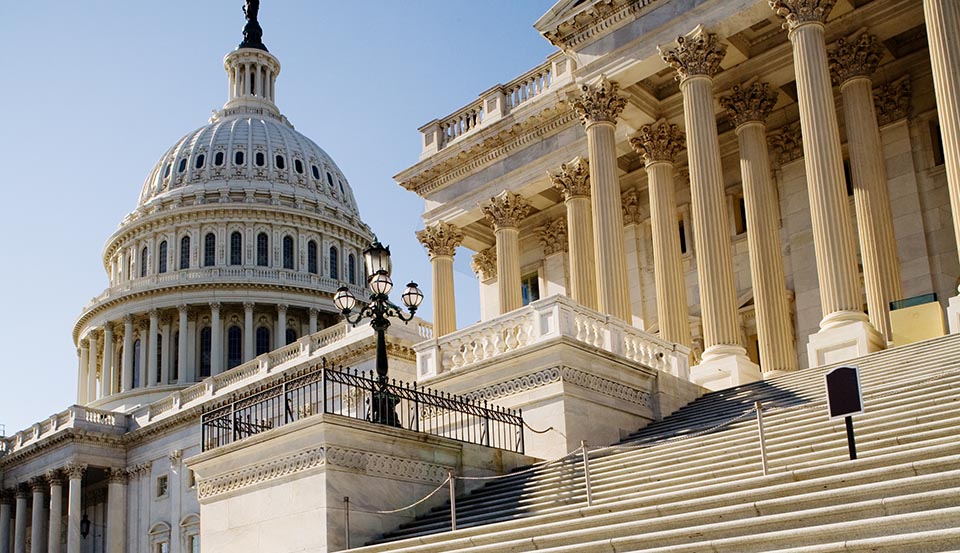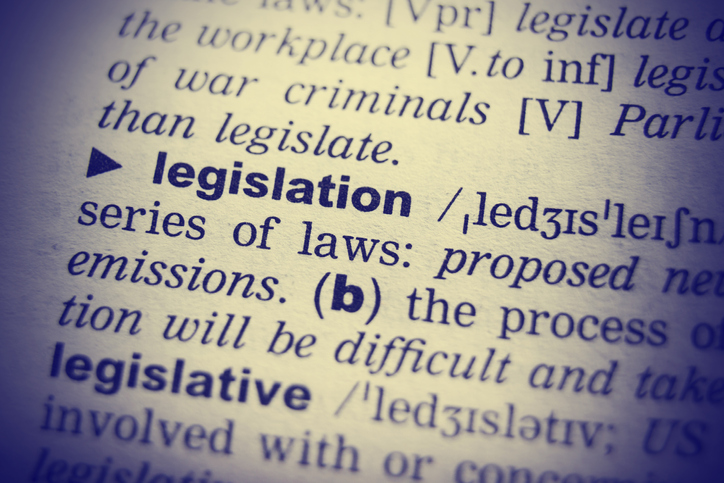Update 10-28-2021: We have been notified by our contacts on Capitol Hill that sections 138312 and 138314 have been removed from the new draft of the bill. He expressed surprise that they had been removed so quickly as they were viewed as “non-tax-increase payfors” that would help cover the bill’s spend.
While it is too soon to label this a for-sure win — the language could possibly appear in a later version of the bill — for the moment, it appears our grassroots efforts, from official objection letter and discussion during our Day on the Hill, to your calls, emails, and letters to your Congressional representatives, has had traction. Help us keep the pressure on to ensure these provisions remain out of the final bill!
UPDATE 10-22-2021: Based on our Day on the Hill discussions with policymakers, we believe bill sections 138312 and 138314 originated under the following premises:
- Preventing high-net-worth individuals from “abusing” the tax-deferred nature of self-directed IRAs by forcing divestment (“Peter Thiel Effect”). While other forced-divestment sections of the tax bill WOULD have this result, sections 138312 and 138314 simply force self-directed IRA account holders to move their money from one type of investment to another.
- IRA account holders affected by the bill should not be investing in private offerings; they need more protection and do not have the investment knowledge to complete due diligence and make informed decisions about these offerings. According to the SEC, more than 5.9 million investors participated in Reg D offerings from 2009 – 2019, raising $13.576 billion for small businesses across 242,070 investments and with only 221 related civil complaints (a complaint rate of .001%). 93-97% of Reg D offerings included accredited investors, who according to Congress/the SEC DO have the wherewithal to properly vet the risks of such investments. This demonstrates that the reward for the nation’s small businesses universally outweighs the risk.
- These sections will raise tax money to fund the bill’s spend. The provisions we specifically object to raise no new tax revenue, which will be further proven if/when the Congressional Budget Office scores these sections.
The House Ways and Means Committee has approved a comprehensive tax bill that, among other tax-generating proposals, includes numerous restrictions on individual retirement account (IRA) investments.
The proposals have far-ranging impacts, but certain provisions will upend businesses that use self-directed IRA funds.
If passed as proposed, effective January 1, 2022:
- The tax bill will prohibit almost all self-directed IRA investments in private real estate debt and equity while creating no new tax revenue.
- Current self-directed IRA investors in mortgage funds or private trust deed investments will be forced to liquidate their positions within two years. The law has no carve-outs for redemption requirements of the offering documents.
- IRA accounts will be prohibited from investing in any assets the account holder or any family of the account holder owns, meaning private lenders and fund managers will be limited in avenues to demonstrate that they have “skin in the game” to their investors.
- Many high-income earners will be forced to take distributions from their IRA accounts well before retirement, dissuading the use of IRA investments altogether.
Informational Video
What you can do today:
- Share this post with the share links at the bottom of the page. Help us rally private lenders, private mortgage funds, and capital providers whose businesses will be decimated if IRA investors are forced to move their capital to public offerings.
- Contact Your Legislators: Find your Congress representatives in the Senate and House here, then download the applicable Word Document objection letters below and fill in your information. You may customize the letters as you like; in fact, we encourage adding your own story/input on how this personally affects you. We also encourage you to follow up with a call to your representative’s office.
- Sign Our Objection Petition.
Downloadable Objection Letters For Your Use:
Our grassroots campaign efforts have had a 100% track record of success in mitigating legislation that would harm our industry. As a groundswell effort, your voices have had more impact and done more than any amount of money spent on a lobbyist. We appreciate your time spent and commitment to helping us advocate for beneficial legislation and commonsense regulation.
A special thank-you to our general counsel, Geraci LLP, and Governement Relations Committee First Chair, Cort Chalfant with Nexus Private Capital, for interpreting this legislation and helping craft our response.













Very important issues to keep in mind when looking at the future of Private Lending.